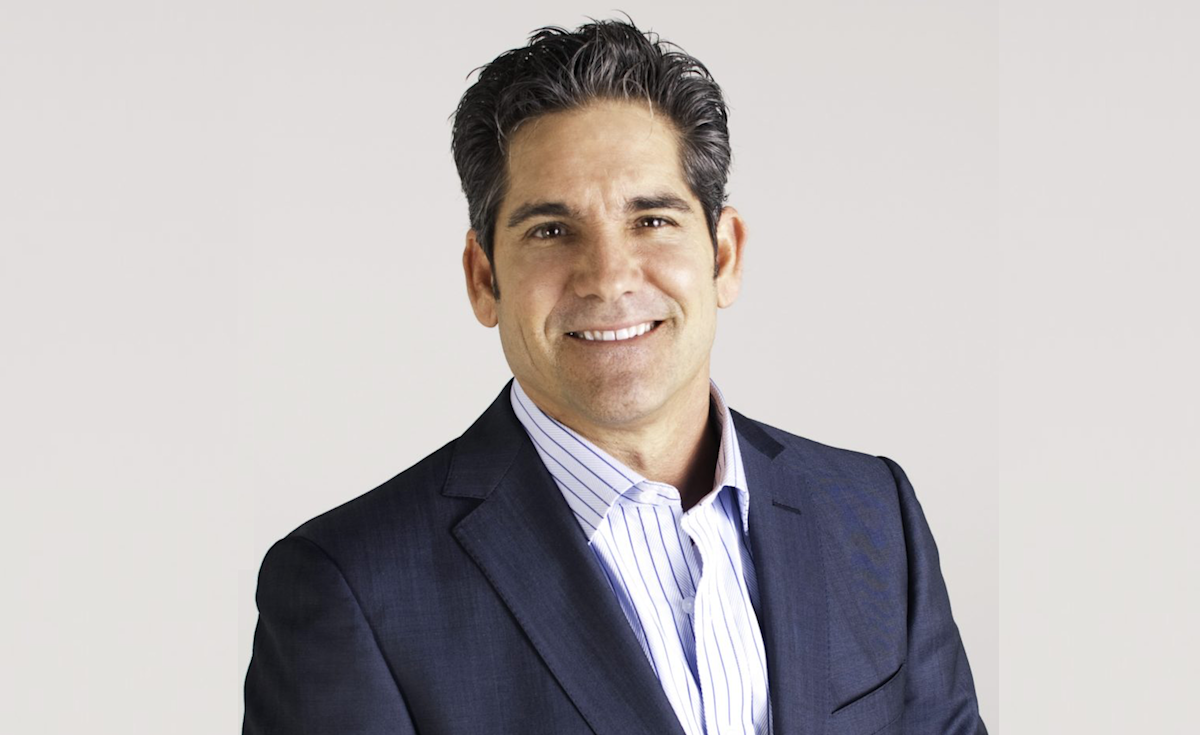Entrepreneur and real estate investor Grant Cardone has built his public persona around challenging conventional thinking on wealth creation. His assertion that “Warren Buffett made 99% of his wealth after age 50… Any excuse that you have about it being ‘too late’ is a garbage lie you tell yourself” reflects both his aggressive motivational style and a broader truth about financial success. The message underscores the idea that opportunity does not expire with age and that discipline and persistence can yield transformative results well beyond early career stages.
By citing Berkshire Hathaway (BRK.B) (BRK.A) boss Warren Buffett — widely regarded as one of the most successful investors of all time — Cardone points to an example that transcends individual philosophy. Buffett’s fortune, largely accumulated through decades of compounding returns, demonstrates how consistent effort, patience, and long-term investing strategies can produce outsized results later in life. Cardone leverages this reality to confront the myth that wealth-building must be achieved early or not at all, dismissing the notion of “too late” as self-defeating.
Cardone’s own career trajectory helps explain why this sentiment resonates in his work. After facing financial struggles in his 20s, he turned to sales and real estate, steadily building what is now a multi-billion-dollar property portfolio through Cardone Capital. His rise wasn’t marked by overnight wealth, but by persistence, scaling efforts, and reinvestment over time.
This makes Cardone’s endorsement of later-in-life success, like Buffett’s, consistent with his lived experience. He has consistently emphasized that individuals can reset their path regardless of background or age, provided they are willing to embrace discipline and sustained effort.
Cardone has become an authoritative figure in the world of personal finance education not by following traditional Wall Street models, but by building credibility through results. His influence is particularly strong among audiences seeking direct, motivational guidance outside of conventional financial institutions.
Given that, the authority of his comment here pulls from two sources: Buffett’s established legacy of long-term wealth building, and Cardone’s own track record of advocating persistence as the foundation of financial growth. While his style often leans toward the provocative, the core message reflects widely acknowledged principles of investing and entrepreneurship.













